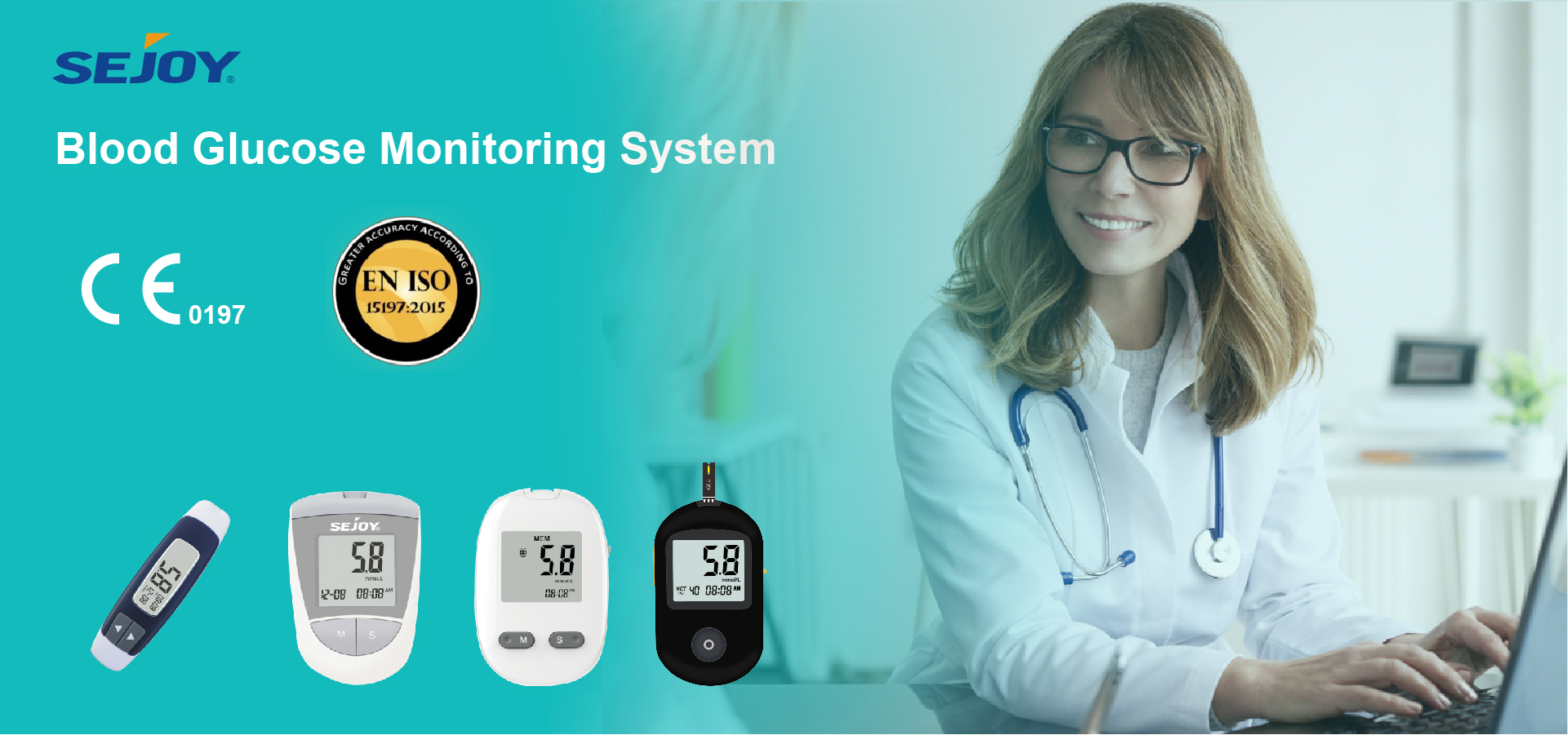Hypoglycemia is the main limiting factor in the glycemic management of type 1 diabetes. Hypoglycemia is classified into three levels:
• Level 1 corresponds to a glucose value below 3.9 mmol/L (70 mg/dL) and greater than or equal to 3.0 mmol/L (54 mg/dL) and is named as an alert value.
• Level 2 is for blood glucose values below 3.0 mmol/L (54 mg/dL) and considered clinically important hypoglycemia.
• Level 3 designates any hypoglycemia characterized by altered mental state and/or physical status needing the intervention of a third party for recovery.
Although these were originally developed for clinical trials reporting, they are useful clinical constructs. Particular attention should be made to prevent level 2 and 3 hypoglycemia.
Level 1 hypoglycemia is common, with most people with type 1 diabetes experiencing several episodes per week. Hypoglycemia with glucose levels below 3.0 mmol/L (54 mg/dL) occurs much more often than previously appreciated. Level 3 hypoglycemia is less common but occurred in 12% of adults with type 1 diabetes over a 6-month period in a recent global observational analysis. Several studies have shown that rates of hypoglycemia have not declined, even with more wide spread use of insulin analogs and CGM, while other studies have shown benefit with these therapeutic advances.
Risks for hypoglycemia, particularly level 3 hypoglycemia, include longer duration of diabetes, older age, history of recent level 3 hypoglycemia, alcohol ingestion, exercise, lower education levels, lower household incomes, chronic kidney disease, and IAH . Endocrine conditions, such as hypothyroidism, adrenal and growth hormone deficiency, and celiac disease may precipitate hypoglycemia. Older diabetes databases consistently documented that people with lower HbA 1c levels had 2–3-fold higher rates of level 3 hypoglycemia. However, in the Type 1 Diabetes Exchange Clinic Registry, the risk of level 3 hypoglycemia was increased not only in those whose HbA 1c was below 7.0% (53 mmol/mol), but also in people with an HbA 1c above 7.5% (58 mmol/mol) .
It is possible that the absence of a relationship between HbA 1c and level 3 hypoglycemia in real-world settings is explained by relaxation of glycemic targets by those with a history of hypoglycemia, or confounders, such as inadequate self-management behaviors that contribute to both hyper- and hypogly-cemia. A secondary analysis of the IN CONTROL trial, where the primary analysis showed a reduction in level 3 hypoglycemia in people using CGM, demonstrated an increase in the rate of level 3 hypoglycemia with lower HbA 1c , similar to what was reported in the DCCT. This implies that lowering HbA 1c may still come with a higher risk of level 3 hypoglycemia.
Mortality from hypoglycemia in type 1 diabetes is not trivial. One recent trial noted more than 8% of deaths for those younger than 56 years were from hypoglycemia. The mechanism for this is complex, including cardiac arrhythmias, activation of both the coagulation system and inflammation, and endothelial dysfunction. What may not be as well recognized is that level 3 hypoglycemia is also associated with major microvascular events, noncardiovascular disease, and death from any cause, although much of this evidence is obtained from people with type 2 diabetes. With regard to cognitive function, in the DCCT and EDIC study, after 18 years of follow-up, severe hypoglycemia in middle-aged adults did not appear to affect neu-rocognitive function. However, independent of other risk factors and comorbidities, more episodes of severe hypoglycemia were associated with greater decrements in psychomotor and mental efficiency that were most notable after 32 years of follow-up. It appears that older adults with type 1 diabetes are more prone to mild cognitive impairment associated with hypoglycemia, while hypoglycemia occurs more frequently in those with cognitive impairment. CGM data were not available in the DCCT era and so the true extent of serious hypoglycemia over time is not known.
1. Lane W, Bailey TS, Gerety G, et al.; Group Information; SWITCH 1. Effect of insulin degludecvs insulin glargine u100 on hypoglycemia in patients with type 1 diabetes: the SWITCH 1 randomizedclinicaltrial.JAMA2017;318:33–44
2. Bergenstal RM, Garg S, Weinzimer SA, et al. Safety of a hybrid closed-loop insulin delivery system in patients with type 1 diabetes. JAMA 2016;316:1407–1408
3. Brown SA, Kovatchev BP, Raghinaru D, et al.; iDCL Trial Research Group. Six-month randomized, multicenter trial of closed-loop control in type 1 diabetes. N Engl J Med 2019;381:
1707–1717
Post time: Jul-08-2022



